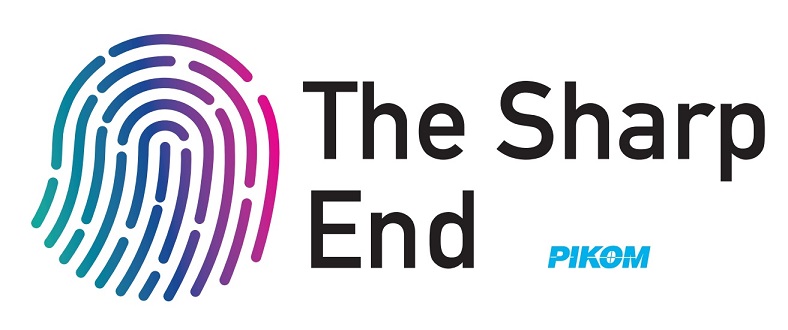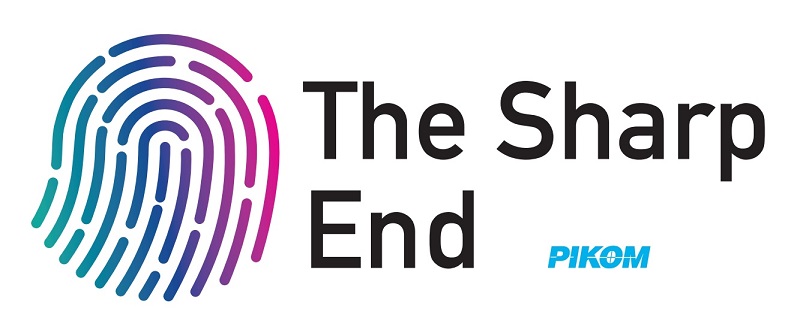- Pikom contends that the conversation should not be about compensation
- Ensure interns receive meaningful assignments, gain industry-specific skills

.jpg) The question of compensation for internship has been a hot button topic since the start of the year with interns, employers and even the Government taking turns to voice their views on this contentious issue.
The question of compensation for internship has been a hot button topic since the start of the year with interns, employers and even the Government taking turns to voice their views on this contentious issue.
In mid-June, a young student grabbed attention by protesting with a placard stating ‘interns are not free labour’ before Prime Minister Anwar Ibrahim responded several days later to encourage companies to offer interns an allowance, but adding that the Government would not compel employers to do so.
As it stands, paid interns in Malaysia are provided an average compensation of US$289 (RM1,300) comprising US$223 (RM1,000) in basic allowance and another RM300 in add-ons. This falls short of the country’s minimum wage of RM1,500, but to be clear, interns are excluded from this statutory requirement.
[RM1 = US$0.215]
Amid this situation, it is important that we understand the purpose of interns and benefits of internship at the workplace.
Compensation or career development
An internship offers students the opportunity for career exploration and development while at the same time providing employers with a prospective source of new ideas and energy for the workplace as well as a ready-made pipeline for talent recruitment.
On the one hand, internships play a pivotal role in shaping the career trajectories of students. On the other, it has the potential to strengthen a company’s approach to business continuity and succession planning.
In other words, it’s a win-win scenario for all sides. This being the case, it is imperative to consider not only the issue of fair compensation, but also the overall job quality for interns in different businesses and industries.
The National Tech Association of Malaysia (PIKOM) strongly believes that job quality should be at the forefront of discussions about internships. Instead of solely focusing on compensation, it is essential to ensure that interns receive meaningful work assignments, gain industry-specific skills, and are provided with a supportive and conducive environment for learning.
By prioritising job quality, internships can become transformative experiences that prepare students for the workforce through the accumulation of valuable experience and access to opportunities for growth.
Best practices
Several industries have implemented best practices to enhance internship programmes. In this regard, mentorship initiatives have emerged as an effective way to support and guide interns throughout their internship.
By pairing interns with experienced professionals who provide guidance, feedback and industry insights, interns can benefit from valuable mentor-mentee relationships that contribute to their professional development.
On our part, we have introduced a PIKOM Industry Internship Programme (PIIP) to bridge the skills gap in the digital industry. The PIIP is spearheaded by the PIKOM Research Committee under the ambit of the Academia Talent Gap chaired by Dr Munirah Looi, founder of Brandt International.
Launched in June 2023, the PIIP offers paid internship to students from Nottingham University, HELP University, Sunway University, University Tunku Abdul Rahman (UTAR) and other interested universities to follow. Under the programme, students have the opportunity to gain hands-on experience with companies in the tech industry.
Beyond the tech industry, the National Structured Internship Programme (MySIP) developed by Talent Corp encourages companies to provide meaningful practical learning experience through structured internships.
Recommendations
To address challenges faced by interns, it is crucial for the government and industry to collaborate and take proactive measures. Here are some proposals for industry and government assistance:
• The Government can provide tax rebates to companies that offer high-quality internships, with a threshold based on specific criteria such as mentorship programmes, structured learning opportunities and fair compensation. This would incentivise companies to invest in valuable internship experiences for students.
• Industry can establish mentorship programmes for interns with experienced professionals offering guidance, sharing knowledge and helping interns navigate their career paths.
• The Government or related agencies can conduct a nationwide survey on the challenges faced by both interns and the industry to gain deeper insights into the specific issues at hand. This data can influence policy decisions and facilitate targeted interventions to improve internship programmes across sectors.
• Urban and rural areas may present different challenges for interns. The government can assist by implementing initiatives that bridge the urban-rural divide such as establishing internship placement centres in rural areas and providing transportation subsidies or accommodation support for interns in remote locations. This would ensure equal access to internship opportunities for students regardless of their geographical locations.
• Universities can collaborate with the industry to produce employable students by aligning their curriculum with industry needs, offering internship placement services, and facilitating industry-academia partnerships. This collaboration will enable students to acquire the necessary skills and knowledge that make them more desirable to potential employers.
By focusing on job quality, implementing best practices, and fostering collaboration between industry and government, Malaysia can create a favourable ecosystem for internships that not only address the issue of fair compensation, but also provide valuable learning experiences and enhance employability.
Woon Tai Hai is PIKOM Research Committee Chair and a past Chairman as well.

